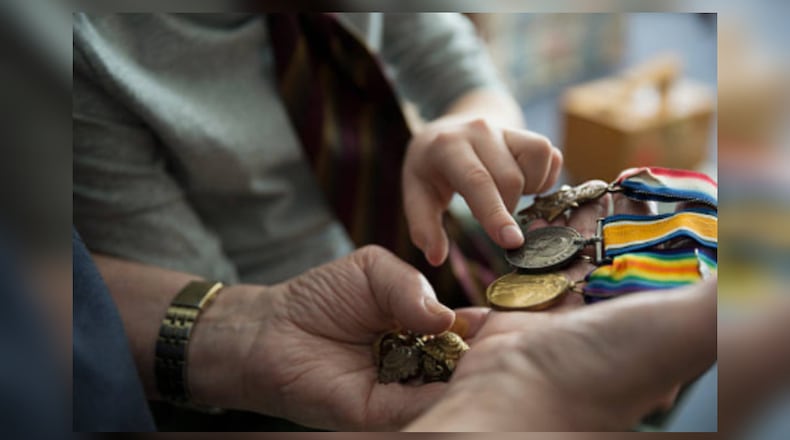The committee heard testimony from a Herndon, Pennsylvania veteran about how he said he was scammed by a fake charity claiming to help disabled veterans.
>> Impeachment inquiry public hearings
LaVerne Foreman, 82, served in the U.S. Air Force, the Army Reserve and the Army National Guard.
"I'm proud to be a veteran,” Foreman said. "I never believed that anyone would stoop so low as to steal money and benefits from a veteran."
Foreman said the people who called asking for money seemed believable.
"They talked about what they did for hospitalized veterans and what they did for homeless veterans,” Foreman said.
Instead, Foreman said they used his banking information to collect money he never authorized after making donations in previous years.
"They've grown in their number and in their sophistication,” Casey said about alleged scammers.
Foreman said he is hoping his story will help prevent other veterans from becoming victims.
"What I'm doing today is an extension of my service,” Foreman said. “I feel a sense of responsibility to warn others who served."
We contacted the VA about Casey’s calls for the department to track scams targeting victims.
In a statement, VA Press Secretary Christina Mandreucci said, “In general, veterans are the targets of many of the same types of fraud as the rest of society, including mail, telephone and online fraud.
“Safeguarding personally identifiable information is a Veteran’s best defense against being the victim of fraud. Veterans should never disclose their PII to an unknown third party and should regularly change their eBenefits and other account passwords. Veterans who suspect they have been the victim of fraud should call VA at 1-800-827-1000 as quickly as possible.”
About the Author
